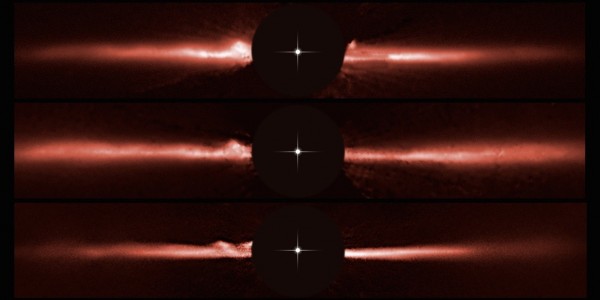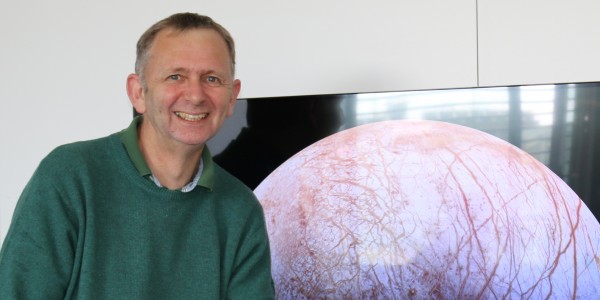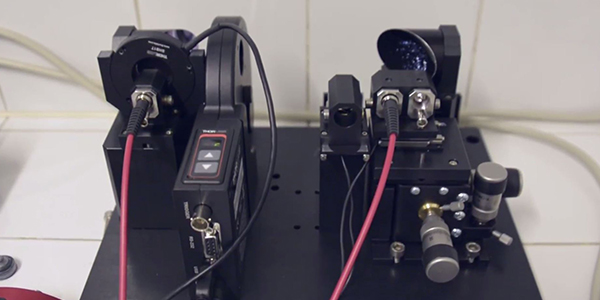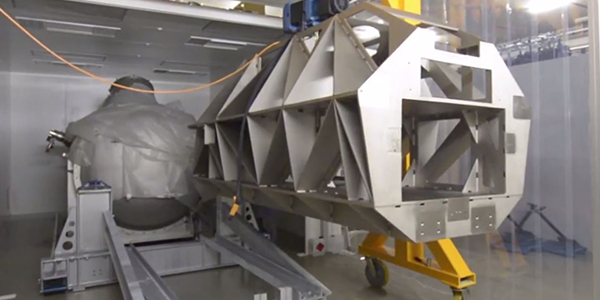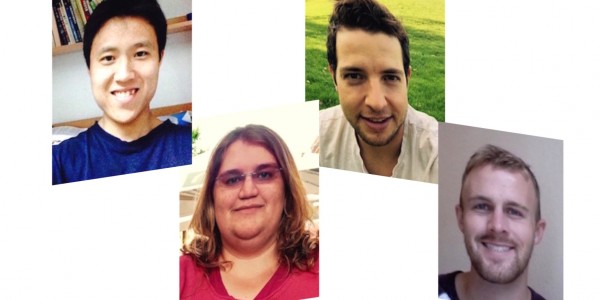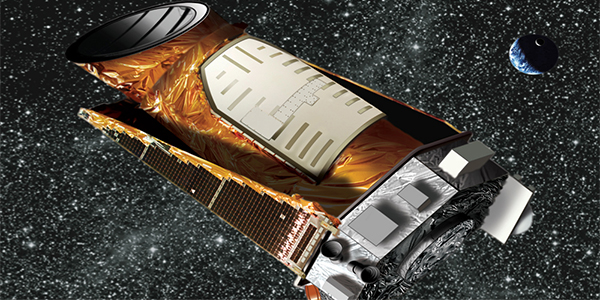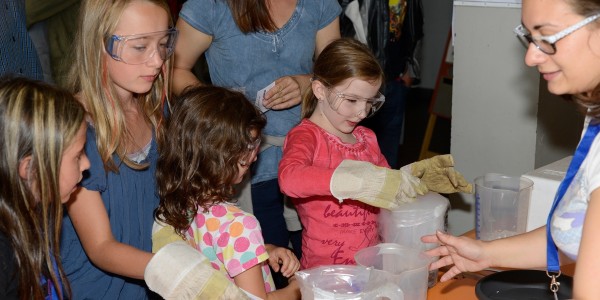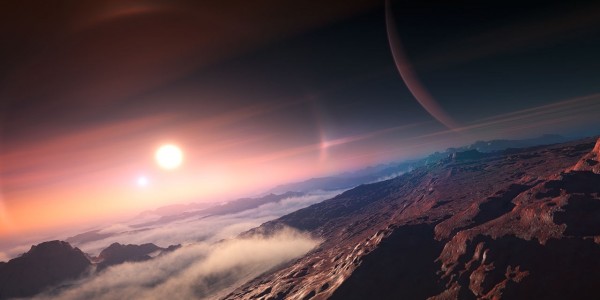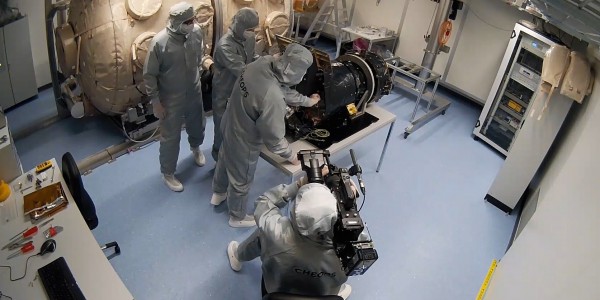News
Statistical Inference
Lecturer: Adam Amara (ETHZ) Lecture topics. Probabilities: Joint, conditional and marginal -> on the road to Bayes Theorem. Dealing with full probability density functions in the case where a likelihood can be written -> grids, adaptive grids and MCMC. Linear models with Gaussian errors -> Generalised least square or regressions. Understanding the Chi^2 distribution and […]
Continue ReadingMysterious structures
A research team has observed structures racing out from the centre of a young star’s debris disk at high speeds. “It looks as if someone had smudged a freshly painted picture into a wavy line with their finger,” says ETH astrophysicist Christian Thalmann. “We were speechless when we saw the image for the first time […]
Continue ReadingTo the Jovian moon Europa in 2025
Our Solar System has hundreds of thousands of objects from planets down to small asteroids. And, of course, they all have a story to tell about their formation and evolution. However, only a few of these objects show remarkable phenomena that in turn can capture the imagination of both scientists AND the general public. Mars, […]
Continue ReadingThe most stable source of light
To test the accuracy and stability of the CHEOPS photometer, a light source with a variability of less than the 20 ppm is required for the satellite. Since this type of source does not exist on the market, a team of engineers and technicians of the NCCR PlanetS and the University of Geneva has developed […]
Continue ReadingOptical bench of ESPRESSO has arrived
After the arrival of the vacuum vessel that was installed last October 2014 in a temporary clean room, it is now the turn of the optical bench of ESPRESSO to be delivered to the University of Geneva Biotech Campus basement. An optical bench arrived by ship and truck from the Canary Islands in a box […]
Continue ReadingNew members of PlanetS
„I am passionate about exoplanets“, says Helen Giles. „They’re thrilling.“ A research topic that also attracts Kevin Zihlmann, Miles Timpe and Hongping Deng. The four PhD students are new members of the NCCR PlanetS in Geneva, Bern and Zürich. „I want to find out more about the formation of our planet Earth“, says Kevin Zihlmann. „But […]
Continue ReadingDiscover studying with real data
Although it is difficult to compare the Massive Open Online Course (MOOC) on exoplanets with other University of Geneva MOOCs – considering that astronomy studies offer less job prospects than those of management or IT – MOOC Exoplanets has nevertheless been a great success. There were 22,000 registrations, 12,000 were “present” and 1,100 have answered […]
Continue ReadingOpen hunt for habitable planets
Bacterium, virus, fungus: Which one of these three things is not considered to be a living organism? The quiz question was quite a challenge for some parents who tried to help their children to win one of the nice space toys, meteorites and other prizes at the event “Jagd nach lebensfreundlichen Planeten” that took place […]
Continue ReadingEpicurus, Hypatia and Nicynon
You can now vote in an IAU worldwide contest to name exoplanets. Since the first entry on 12 August more than 250’000 votes have been registered. Deadline is 31 October 2015. „Epicurus“ should be the new name of 51 Pegasi b according to the “Société Astronomique de Genève”. “It was proposed by Michel Mayor, honorary […]
Continue ReadingTesting CHEOPS on Swiss TV
In August and September, TV crews were filming at the University of Bern, at the Stellarium Gornergrat and in the Musée d’Histoire Naturelle de Genève to report about space and planetary research in Switzerland. „Schweiz aktuell“, SRF1, 21. – 25.9.2015, 19:00 http://www.srf.ch/sendungen/schweiz-aktuell „Einstein“, SRF1, 24.9.2015, 21:00 http://www.srf.ch/sendungen/einstein/sendungen Have a look at the making of the […]
Continue Reading
